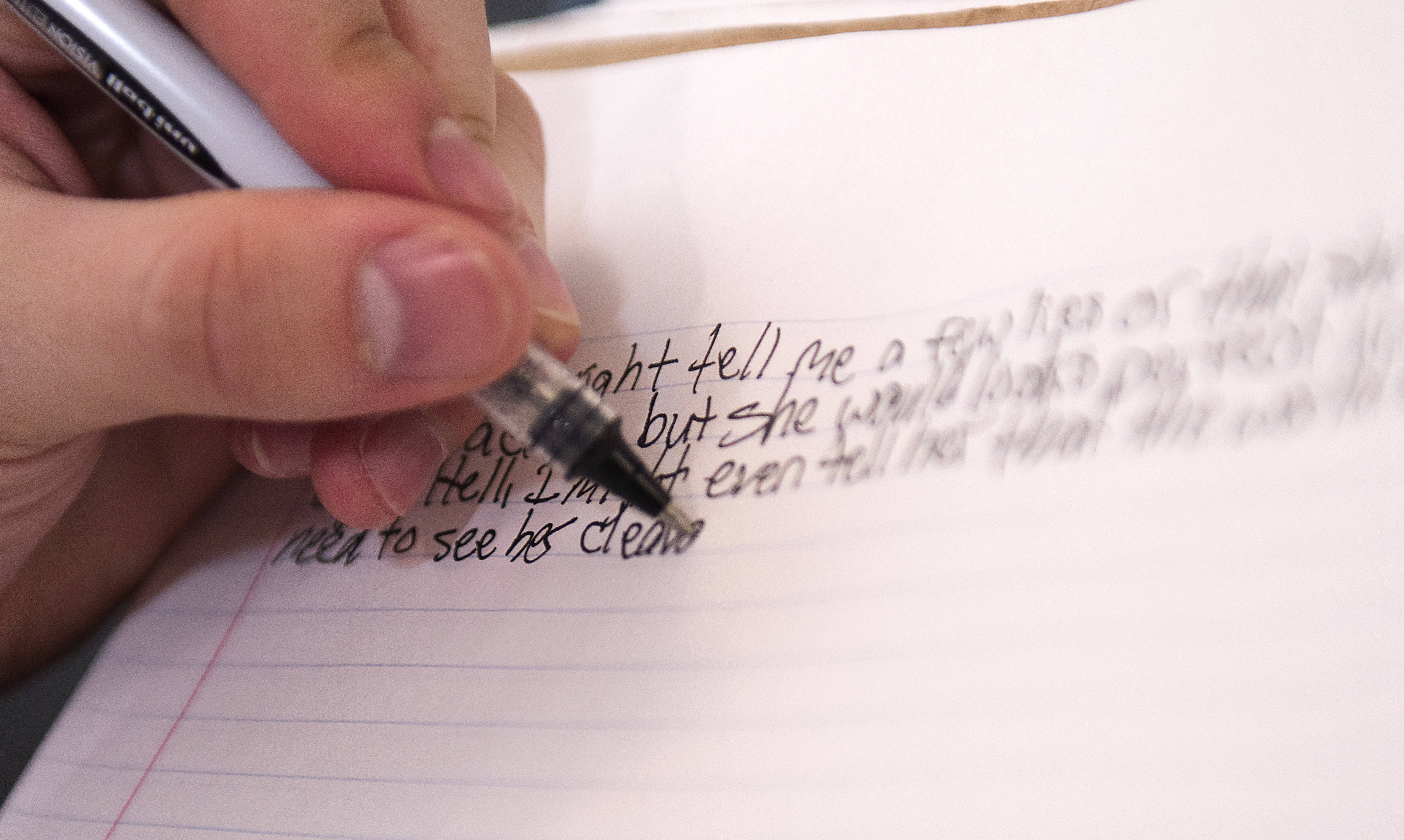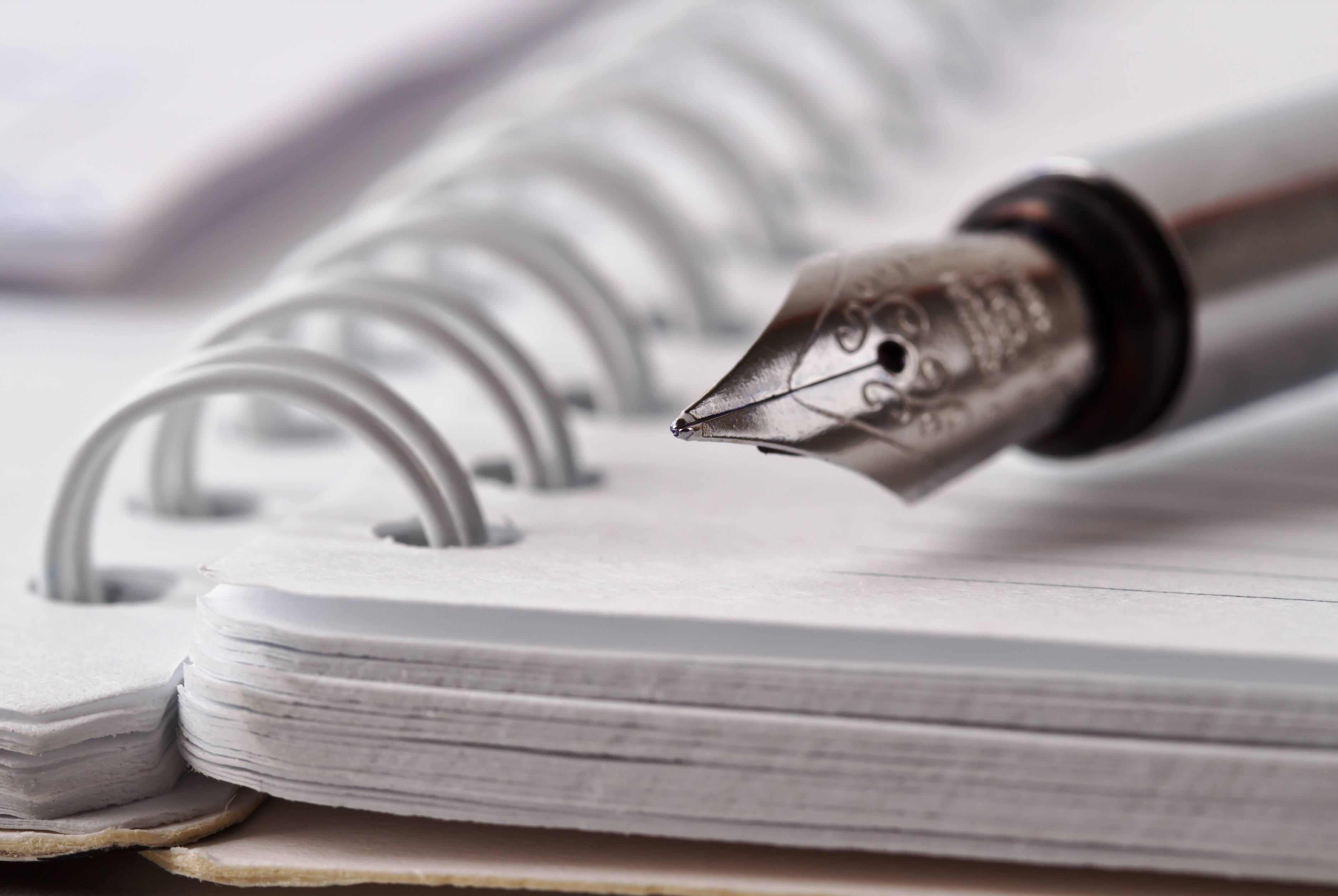
Obituaries: A dying art
Posted by AK Lander | On May 15, 2018 00:00
When people are coming to terms with the death of a loved one, telling others can seem like the last thing they would want to do.
When people are coming to terms with the death of a loved one, telling others can seem like the last thing they would want to do. Writing it down or uttering the words aloud can make it seem far more real than people are willing to deal with at that point. Between the natural grief and the delicate nature of an obituary, a fine balance between history and personality, it can make the experience of writing an obituary traumatic.
The second factor that is aiding the obituary’s demise is the prominence of a daily or weekly paper. Once upon a time, people were reliant on the broadsheets for all of their news; disasters, politics and deaths were all printed, but as we move onwards into a digital age, papers in their physical form have less of a presence and the very nature of an obituary is changing.
So in a time when personalisation can help soften the edges of grief and gravestones can be made to reflect the personality of those who have passed, how can the obituary help those who are grieving?
Why obituaries are important

Obituaries are still an important part of the grieving process, informing others in the local area that a loved one is dead and the details of the following ceremony. Jamie Passaro from Dear Person Obits was clear as to the bonding process that writing an obituary actually is:
“Obituaries are a beautiful way for a family to come together to reminisce about their loved one—to talk about what they loved about this person. Not just the good stuff or the oft-told stories but their quirks and their flaws too. The best obits truly reflect the person who died. Sharing stories helps with the grieving process and publishing them helps keep a person’s stories alive. But gathering stories, chasing down facts, and writing an obit is a big responsibility, often with a close deadline, at an emotional time. For families who need a little help, there are services like mine to report and write the obituary. Loved ones still reminisce and share stories, but I put it down on paper for them, organize it, and help them with the process.
“Another obit I love to return to is the writer and editor Jane Catherine Lotter’s which appeared in the Seattle Times July 28, 2013. She pre-wrote it before she died, and it is both elegant and funny. Why would I go back to the obit of a stranger written five years ago? Why do we go back to all good writing? To feel something, to be moved, to reflect on our own lives and how we want to live them.”
Where we find obituaries now

While newspapers are having less and less prevalence in daily life, the information people consume from technology every day is at an all-time high and only set to increase in the future. Jamie Passaro believes obituaries are thriving, just on a different platform:
“I don’t believe obituaries are dying at all. They’re published in newspapers every day. Sometimes modest, sometimes lively and lovely and even funny. In the age of the internet, these stories live online and the best obits get passed on and shared and returned to again and again. For example, the obit that Indiana resident Terry Ward’s daughter wrote for him last winter went viral on social media. It was hilarious - as it sounds like he was. To wit: He was preceded in death by ". . . a 1972 Rambler and a hip.” "He despised ‘uppity foods’ like hummus, which his family lovingly called ‘bean dip’ for his benefit.” "He never owned a personal cell phone and he had zero working knowledge of the Kardashians.” Do you get this guy or what? Kudos to his daughter, Jean Lahm, for writing it.”
Writing your own obituary

For those who feel writing an obituary would be too traumatic for their family or loved ones, there has been an ongoing trend for people to write their own obituaries, as a final thank you and farewell. Some of the best obituaries have been written by the person in the run-up to their passing, especially those that manage to make light of death. One such example is John E Holden’s obituary that includes some amusing excerpts of a life well lived:
“While flying his beloved Corsair as a Marine Fighter Pilot during WWII he was awarded the Distinguished Flying Cross for his combat activities, the Air Medal for action in Okinawa in 1945 and the Distinguished Fleeing Cross for avoiding numerous women who were seeking child support under unproven circumstances.
“Three daughters, Holly, Wendy and Anne Holden and a son, John E. Holden, Jr., have managed to survive despite being related to their father. His last words were 'I’m really going to miss myself.'
Stay tuned for the 'Gone Away' party to which the invitation may never come.”
The obituary was so fresh and memorable it soon went viral. You can find a full copy of John E Holden’s obituary here.
While some people may find the idea of writing their own obituary overwhelming or more than a little maudlin, Jamie Passaro is quick to reassure that the process can be quite therapeutic and that many find it a great way to not only express gratitude and love but also to set the tone of their passing, such as John Holden’s gentle humour above.
“One of the services I provide is to help people write their own obituaries. While it might sound morbid or narcissistic, it’s a process that can be life-affirming - even fun - and will be a big help to your family after you die. For most of us, obits are the last word about us. Why not choose what that says?”
For those choosing to write their own obituary or writing one for someone close to them, it is more than a date of service, instead, it should reflect those who have passed away.
Image credit: Pixnio
